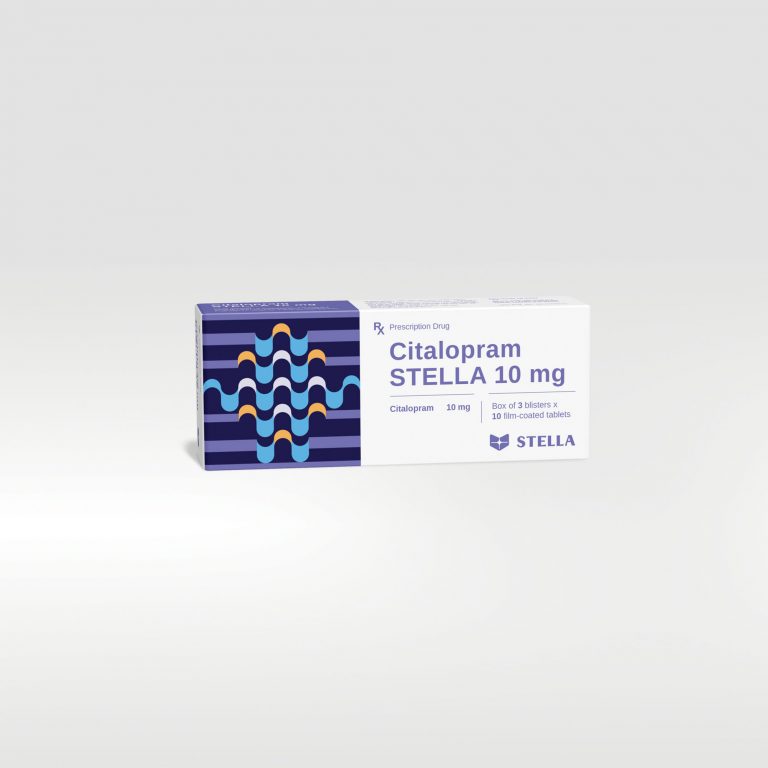Fluotin 20 Rx
Fluotin 20 contains fluoxetine that is a selective serotonin reuptake inhibitor (SSRI). The antidepressant, antiobsessive compulsive, and antibulimic actions of fluoxetine are presumed to be linked to its inhibition of central nervous system neuronal uptake of serotonin.
| Pack size | Box of 14 capsules, 28 capsules, 20 capsules, 100 capsules. Bottle of 50 capsules, 100 capsules. |
| Shelf-life | 36 months |
| Composition | Fluoxetine |
| Dosage forms and strengths | Hard-gelatin capsule: 20 mg |












